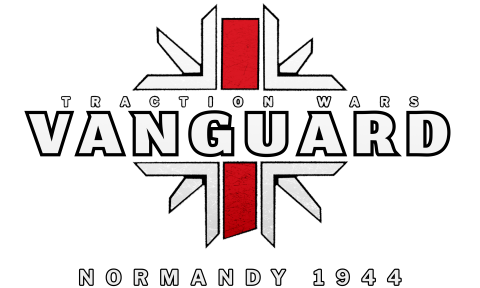
On the morning of May 10th 1940 Germany invaded The Netherlands by dropping paratroopers at multiple airfields ( Ypenburg, Valkenburg and Ockenburg ). All of these airfields were located near The Hague, and the plan was to capture queen Wilhelmina and the goverment to force a surrender. The Germans managed to take over airfield Ypenburg but had many losses. While the German soldiers were setting up in the main building of the airfield the Dutch forces regrouped and launched a counter-attack.
The Dutch soldiers fought their way into a position to fire artillery at airfield Ypenburg and set the building on fire. Becaus of the fire the German soldiers were forced to leave their defensive positions which made it possible for the Dutch to advance onto the airfield. Many German soldiers were either defeated or captured and the airfield was retaken by the Dutch forces.
Today and tomorrow are dedicated to the heavy battles that took place during the 10th of may and the days following. On the location of airfield Ypenburg ( which is sadly destroyed to build a neighbourhood ) they did a re-enactment of the morning of May 10th in 1940. These are the pictures I've taken today: https://www.dropbox.com/sh/g24moa6b6fue5ky/AADYjYKnRX7dZ9_IuHGxXzipa?dl=0
Hope you've all enjoyed the little story and the pictures I've taken
